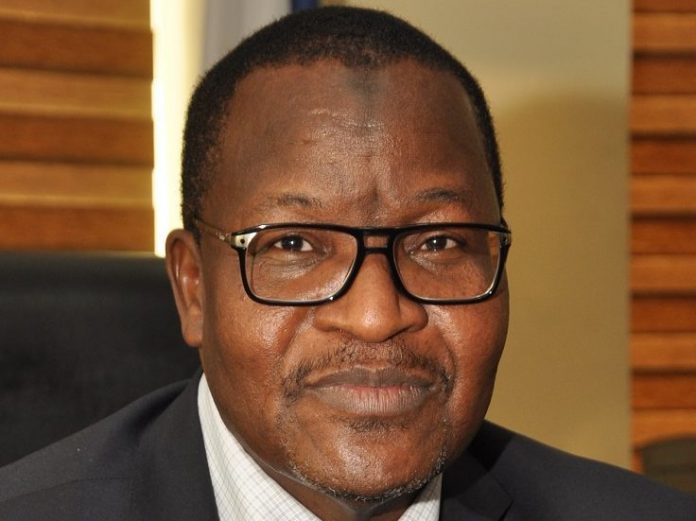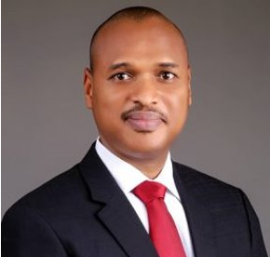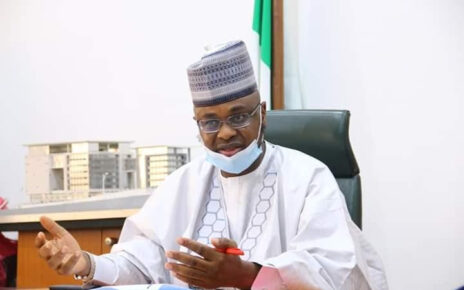The Executive Vice Chairman (EVC) of the Nigerian Communications Commission (NCC), Professor Umar Danbatta, has restated the commission’s commitment to ensuring there is a balance in the representation of females in the information technology (IT) ecosystem.
Danbatta gave this assurance at the ICT Quiz competition for Girl’s in Senior Secondary Schools organized by Nigerian Women in Information Technology (NIWIIT).
The EVC, who was represented at the event by the Head, Digital Media Management of the Commission, Nafisa Usman Rugga, said there was an urgent need to equip the girl child with adequate knowledge, access and use of Information Technology programmes and services to enable compete in the digital space.
He pointed out that the empowerment programme organized in commemoration of the International Girls in ICT Day, aligned with the commission’s mandate of broadband penetration drive to women in rural and suburban areas for capacity building, employability, increased connectivity, and inclusion for gender equality throughout the Country.
Danbatta also highlighted the commission’s policies, projects and initiatives that showed the importance of bridging gender disparity and ensuring that the Internet is a safe space for children, laying emphasis on the Child Online Protection (COP) project of the Commission, which is aimed at educating children and their parents/caregivers on measures to safeguard themselves and their wards as they navigate cyberspace.
The EVC further told the participants on the commission’s commitment to re-skilling the girl child and women by collaborating with stakeholders in the ICT sector to create programmes to encourage, empower and expose them to the vast opportunities present in the digital world.
The two-day event which focused on creating awareness programmes for IT related services and products among women in the rural and suburban areas in Nigeria, targets special groups and students in secondary schools and tertiary institutions.




